
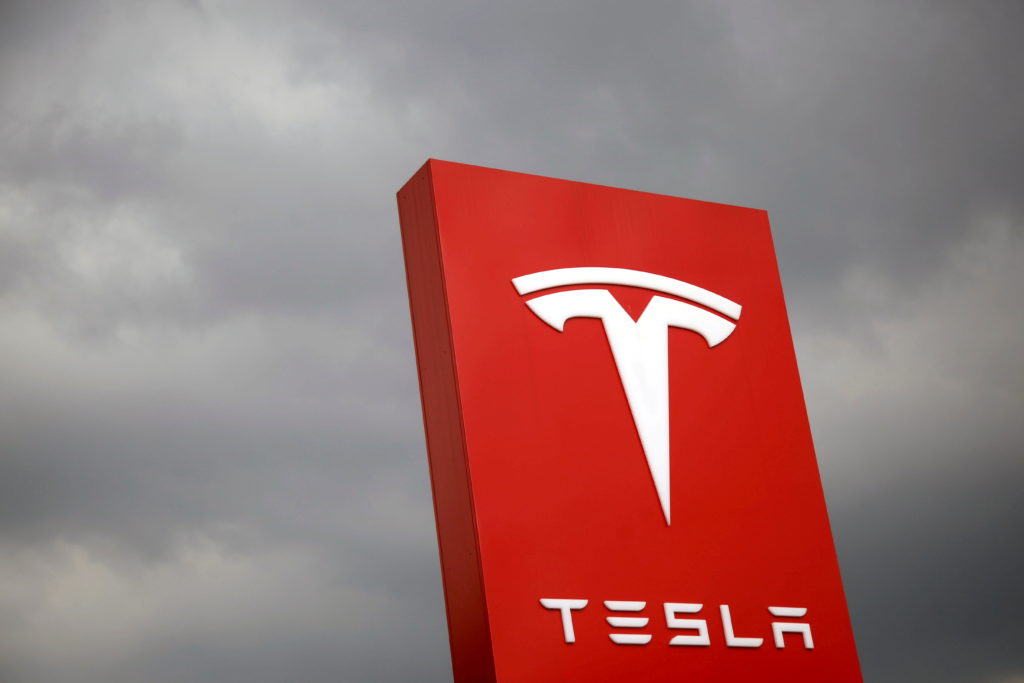
Electric vehicle maker Telsa will have to produce data on its workforce demographics after a shareholder resolution at the company’s annual meeting got approval.
Tesla announced on Wednesday (October 13) that the measure was passed with 57 per cent of the votes cast. The company declared that it opposed the measure.
Tesla opposed the shareholder resolution, saying the company is already preparing a diversity report outlining its programmes and goals.
The Calvert Research & Management ruling came days after a court ruled that Tesla must pay US$137 million in damages for a racial harassment lawsuit brought by black former elevator operator Owen Diaz at the company’s Fremont, California factory.
A growing number of shareholders, who see workforce diversity as essential in today’s working world, are putting pressure on large companies to be more transparent.
“Tesla and the board are proud of the strides made so far,” the company told shareholders.

Tesla went to great lengths to provide data on the composition of its US workforce, revealing that 83 per cent of people in executive positions at the company are men and 59 per cent of them are white. Tesla also said 79 per cent of the workforce, 75 per cent of new hires and 77 per cent of staff getting promoted in 2020 were men.
If the shareholder resolution gains investor support, Tesla must prepare its EEO1 report, which breaks down the race and gender of a company’s workforce by job categories, and submit it annually to the Equal Employment Opportunity Commission. The report is private unless a company makes it public.
Companies continue to struggle with diversity in the workplace
Telsa also revealed in the past that Black and African American employees comprised 10 per cent of the workforce but only four per cent of leadership, 12 per cent of new hires and 10 per cent of promotions in 2020. Hispanic and Latino employees were 22 per cent of the workforce, four per cent of leadership, 27 per cent of new hires and 24 per cent of promotions.
John Wilson, director of corporate engagement with Calvert Research & Management, said support from Tesla investors means that the company will now have to place more attention on diversity in the workplace.
According to data from a Census Bureau survey, EEO1 reports show that 100 Standard & Poor’s companies have recognised that despite corporate promises to change after George Floyd’s murder, deep racial inequalities persist across the nation.

Black and Hispanic workers are underrepresented in the highest-paid and most influential positions and professional ranks, such as lawyers and accountants, according to the survey.
At the lower levels of organisations there is a concentration of people of colour and in some instances they are often overrepresented in positions such as administrative assistants, technicians, and line workers.
Diaz, in his lawsuit, stated he was subjected to racial harassment and a hostile work environment, where the reckless use of ‘the N-Word’ was hurled at him at every turn.
He also claimed that, while working at Tesla’s Fremont plant in 2015 and 2016, he was harassed and faced “daily racist epithets”.
Tesla, popularly known for its advanced tech cars, previously denied any knowledge of the alleged racist conduct by any of its nearly 10,000 employees at the plant.


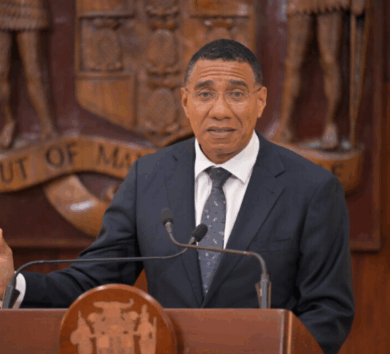
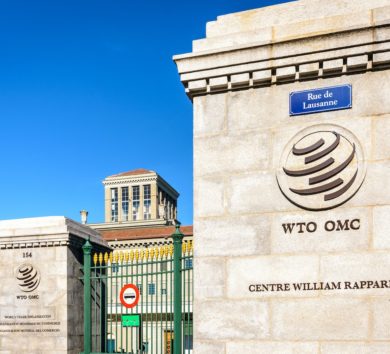

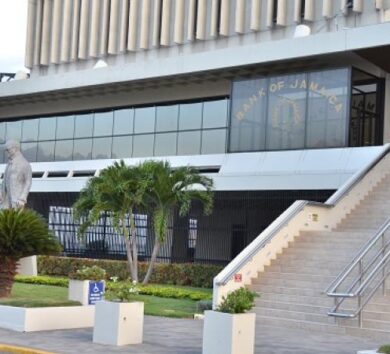
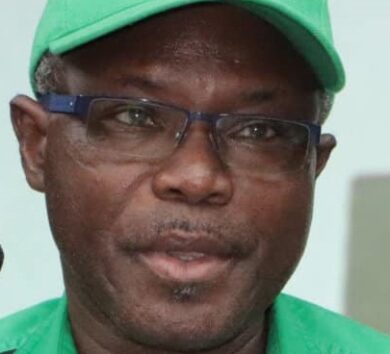
Comments